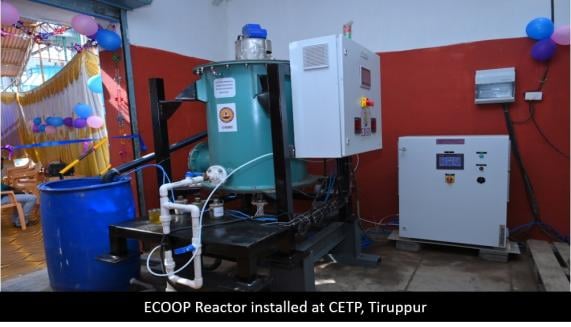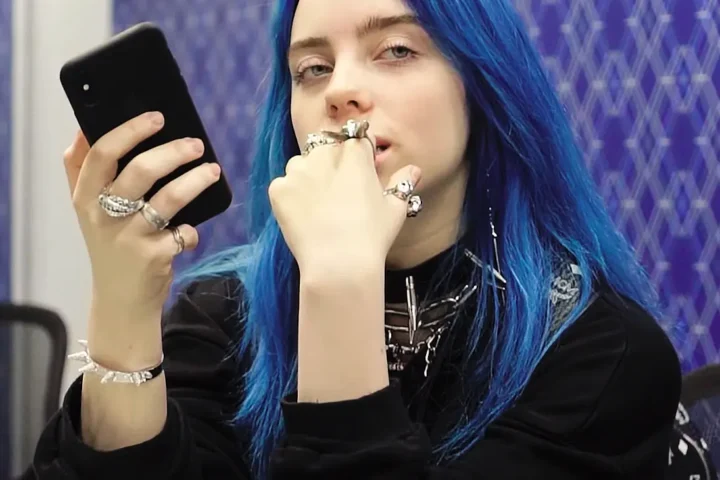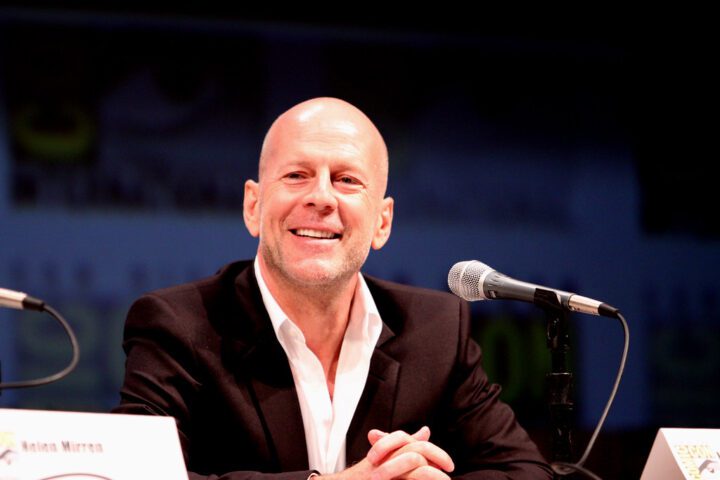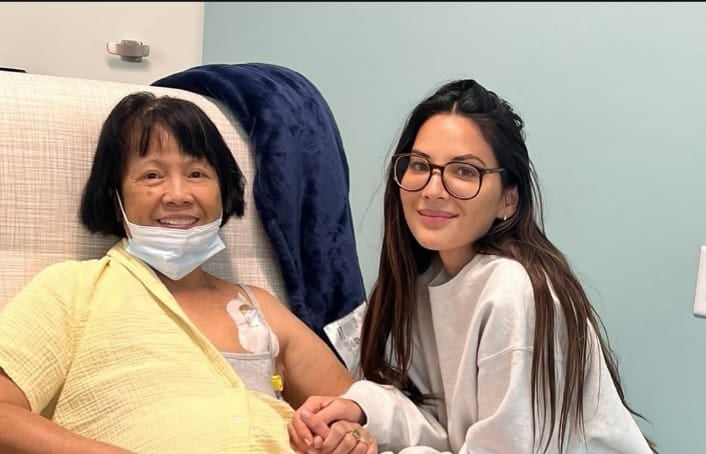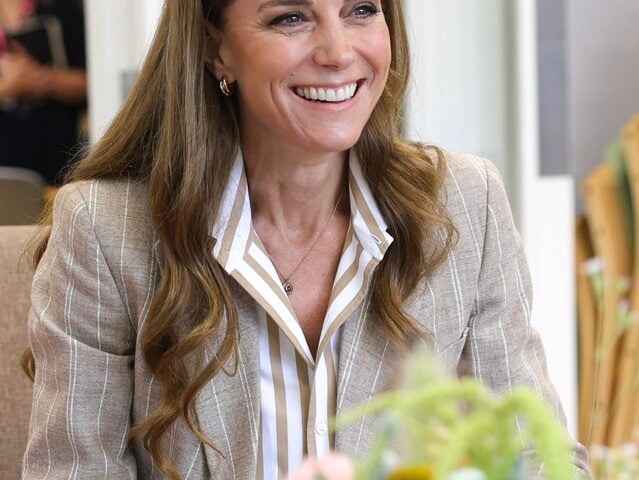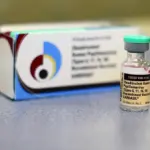Katie Thurston can’t remember where she was coming from when asked by customs officials. The former “Bachelorette” star shared this troubling moment in a recent social media update about her ongoing cancer journey.
“I’m losing my memory,” Thurston revealed in a June 1 video on Instagram. The 34-year-old reality TV personality has been battling breast cancer since February 2025.
Memory problems aren’t her only challenge. “My hair is coming out in an unnatural amount of clumps,” she said after completing two months of treatment. These side effects are common with many cancer treatments but remain difficult for patients to manage.
Thurston’s cancer story moved quickly. Just 43 days after her initial Stage 3 breast cancer diagnosis, doctors discovered the cancer had spread to her liver, making it Stage 4. This happened shortly after she married comedian Jeff Arcuri in March.
Unlike many cancer patients, Thurston isn’t receiving chemotherapy. Tests showed her cancer is “HER2-negative,” which means doctors can use hormone-blocking medications instead. She’s taking drugs called Kisqali, Letrozole, and Zoladex to fight the cancer.
The memory issues Thurston experiences might surprise some people who associate such problems only with chemotherapy. However, memory difficulties during cancer treatment can stem from many sources – the cancer itself, hormone changes from treatment, stress, or other medications.
“Going through customs and them being like, ‘Where are you coming from?’ And I looked at him and I was like, ‘I don’t remember. I don’t remember,'” Thurston explained. She also described forgetting details of disagreements with her husband. “I was like, ‘This has happened before.’ He was like, ‘When?’ I was like, ‘I don’t know but I know it has!'”
She’s making difficult decisions about her future treatment. Thurston plans to undergo Histotripsy at New York University – a treatment that uses ultrasound waves to target liver tumors without surgery. She’s also facing challenges with hormone suppression.
Similar Posts
“I might have to get my ovaries taken out. Not ideal,” she shared. The medication meant to put her into medically induced menopause hasn’t worked, as evidenced by her still getting her period. Doctors plan to try another medication called Lupron before considering surgery.
Despite these obstacles, Thurston maintains perspective. “Cancer is s***,” she stated plainly. “Sometimes I’m like, ‘Stop feeling bad for yourself.’ Other times I’m like, ‘You’re allowed to feel bad for yourself. Cancer f***ing sucks.'”
Fertility remains important to Thurston and her husband. They successfully froze two embryos through IVF before her treatment began. This gives them options for the future if her cancer treatments affect her ability to have children.
The couple married in a small ceremony with just their parents present, though they plan a larger celebration later. “I’m back at it again in New York City trying to live my best life as a f***ing cancer patient,” Thurston concluded.

Her candid sharing resonates with many cancer patients who face similar struggles with treatment side effects, fertility concerns, and maintaining hope while living with Stage 4 cancer. Thurston’s journey highlights the reality that cancer treatment often extends far beyond the initial diagnosis, with many patients requiring ongoing care for extended periods.
“If you’re asking how long treatment is, technically forever,” Thurston noted, though she remains “optimistic about medical advancements in the future.”
On National Cancer Survivors Day, she reflected, “Every day that I’m alive, I’m a survivor. So go me, I guess.”


